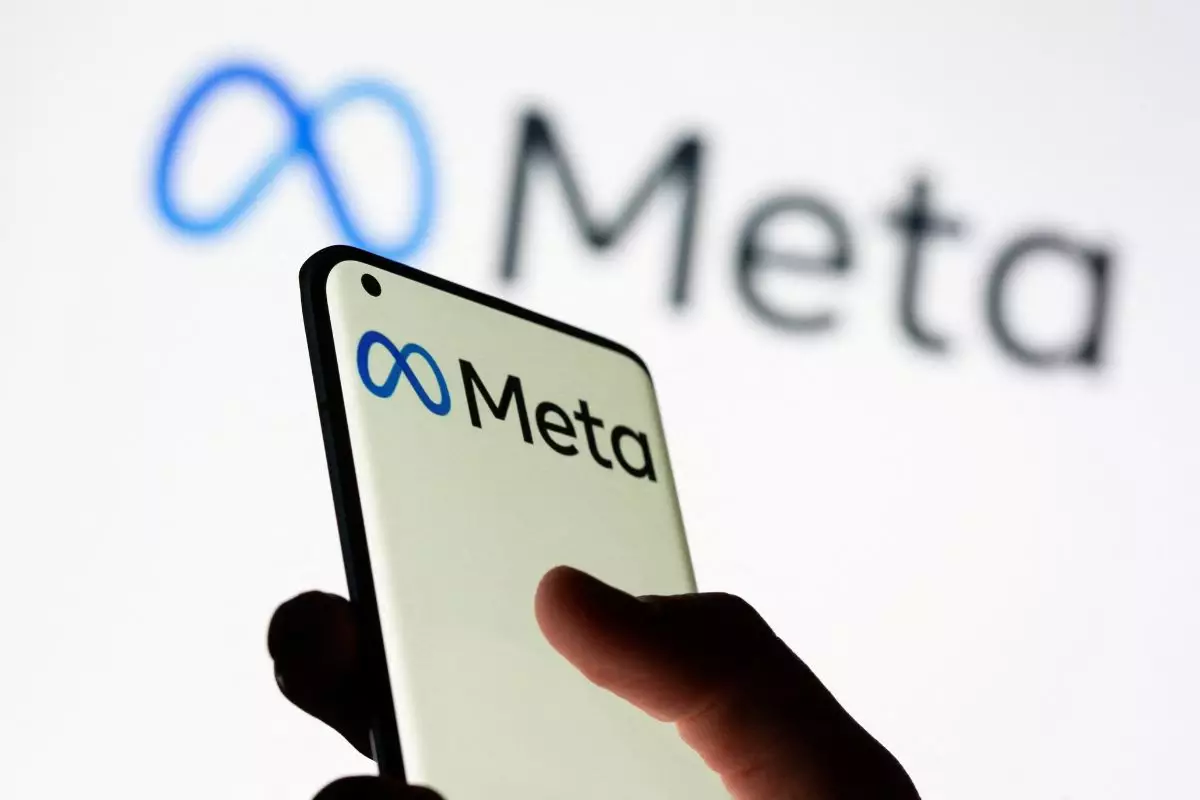The recent revelations from Meta CEO Mark Zuckerberg during legal proceedings have cast a stark light on the internal conflicts and strategic considerations that come with managing tech giants today. The struggle against antitrust scrutiny is not just a pressing legal matter but a core existential threat that looms over companies like Meta. As Zuckerberg navigates through these murky waters, one compelling narrative emerges: the battle between growth and regulation—an intricate dance that could reshape the future of the tech industry.
Antitrust Concerns: A Major Turning Point
In 2018, faced with intensifying scrutiny, Zuckerberg contemplated an unprecedented move—spinning off Instagram from Meta. This not-so-hypothetical scenario was sparked by the perceived threat of antitrust litigation, crystallized in his internal memos. This candid reflection serves as a reminder that tech behemoths often operate under a veil of impending disruption, the kind that can uproot decades of strategic planning.
In his written thoughts, Zuckerberg acknowledged the dual nature of consolidation. He weighed the potential for robust business growth against the ominous likelihood that the full “family of apps”—the very essence of Meta—might not endure in the face of external pressures. Indeed, this duality highlights a broader truth: the relentless pursuit of growth often conflicts with the substantial reliance on regulatory favor. As these forces collide, major companies like Meta find themselves in a perpetual state of anxious recalibration.
The Implications of a Spinoff
The hypothetical spinoff of Instagram raises crucial considerations about the nature of competition and market structure in the tech world. Zuckerberg’s reflections reveal a keen awareness of the possibility that separating popular services could undermine Meta’s market dominance. Rather than a mere business decision, such a move would signal a tectonic shift in how social media platforms operate within the confines of ever-evolving regulations.
Zuckerberg’s assertion that most corporations perform better post-breakup during moments of crisis deserves attention. This sentiment questions the traditional wisdom held by businesses that prioritize an integrated operational approach. History has shown that achieving synergies is often a complicated and exaggerated promise—one that could be overshadowed by flaws in corporate culture and internal governance. Thus, a spinoff could potentially unlock value and innovation that has long been stifled under a monolithic entity.
The ‘Buy or Bury’ Strategy
As Zuckerberg candidly admitted, the acquisition of Instagram stemmed from a tactical evaluation—the need for a superior camera that his own company struggled to develop. This admission starkly contrasts with the broader narrative of aggressive competition that typically typifies the tech industry. By resorting to acquisitions to eliminate potential threats, Meta’s pursuit of growth has arguably bordered on monopolistic behavior.
The Federal Trade Commission’s (FTC) allegations of using a “buy or bury” strategy expose the morally ambiguous practices that underpin some of the industry’s most significant acquisitions. This strategy has ignited debates around the ethical boundaries of competition in tech. Is it merely business savvy, or does it reflect a desperate attempt to cling to power in an industry characterized by rapid obsolescence?
The State of Competition: A Monopoly or Not?
The FTC’s insistence that Meta monopolizes social media platforms reflects the dichotomy inherent in current tech competition. While giants like TikTok, YouTube, and Snapchat may vie for user attention, the monopoly charge against Meta appears to rest predominantly on its undeniable influence in social sharing and communication. Understanding this landscape requires a nuanced examination of market definitions and the competitive frameworks that govern consumer choices.
Zuckerberg’s testimony, which acknowledges the limitations of Meta’s internal app development, suggests that the struggle against dominant players is multifaceted. The fierce competition from ByteDance and other media giants creates a paradox for Meta. While it may hold a commanding presence, the persistent threat from disruptive newcomers complicates claims of unassailable market power.
The legal proceedings against Meta come at a time when the landscape is shifting rapidly, and regulatory bodies are looking to redefine the rules of the game. As Zuckerberg navigates this uncertainty, it raises a compelling question: As antitrust scrutiny intensifies, will tech giants adapt to foster innovation and competition, or will they resort to consolidating power in ways that stifle progress? The delicate balance between growth and regulation will dictate the future trajectory of these behemoths in an industry constantly on the brink of transformation.

